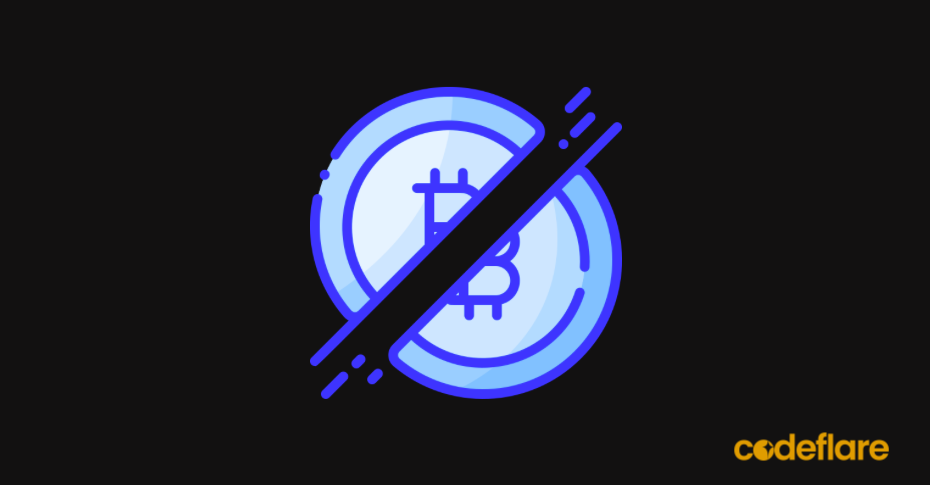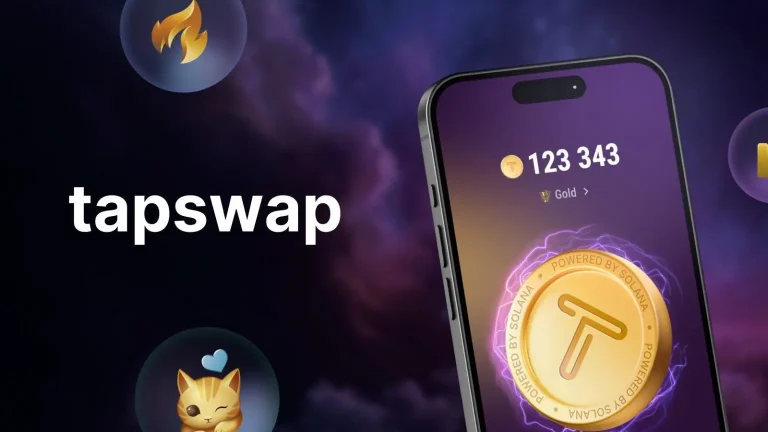
blockchain
As the world becomes increasingly digitized, the need for secure and efficient digital transactions has never been greater. Blockchain technology has the potential to revolutionize the way we interact with the digital world, and its potential goes far beyond cryptocurrency.
What is Blockchain?
At its simplest, blockchain is a digital ledger of transactions. When a transaction is made, it is recorded on a block of data that is added to the blockchain. This block of data is secured using cryptography, and each block is linked to the previous block, forming a chain. This makes it incredibly difficult to alter transaction data, as each block is interconnected with the others.
The blockchain utilizes a distributed database that allows for secure, transparent and tamper-proof record-keeping. It is the underlying technology that powers Bitcoin and other cryptocurrencies, but its potential uses extend far beyond the world of digital currencies. In its simplest form, a blockchain is a digital ledger of transactions. Each transaction is recorded as a “block” and added to the ledger in chronological order. The ledger is then replicated across a network of computers, so that every node in the network has a complete record of all the transactions that have taken place.
This distributed ledger system has a number of advantages over traditional centralized databases.
1. Security: Because the ledger is distributed across a large network of computers, it is incredibly difficult to hack. In order to tamper with the ledger, a hacker would need to gain control of 51% of the network’s computing power, which is highly unlikely.
2. Transparency: All transactions that are recorded on the blockchain are public and transparent. This allows for anyone to view the transaction history of a particular asset, such as a cryptocurrency.
3. Immutability: Once a transaction has been recorded on the blockchain, it cannot be altered or deleted. This ensures that the data on the blockchain is accurate and tamper-proof.
4. Decentralization: Because the blockchain is not controlled by any single entity, it is decentralized and resistant to censorship. The potential uses of blockchain technology are virtually limitless. In addition to powering cryptocurrencies, blockchain can be used to create secure digital identities, record medical data, store energy data, track supply chains, and much more. As the world increasingly moves towards digital solutions, blockchain is poised to play a major role in shaping the future.
The Benefits of Blockchain
One of the most appealing aspects of blockchain is its decentralized nature. Because it is not controlled by any central authority, it is incredibly difficult to hack or tamper with. This makes it an ideal solution for situations where security is paramount, such as in the financial sector.
Another benefit of blockchain is its efficiency. Traditional transaction methods can be slow and cumbersome, but blockchain transactions are almost instantaneous. This not only saves time, but also reduces the chances of errors.
Finally, blockchain is transparent. Because all transactions are recorded on a public ledger, it is easy to track and verify them. This could have a huge impact on supply chain management, as it would allow businesses to easily track the movement of goods and ensure that they are being produced ethically.
The Potential of Blockchain
The potential uses of blockchain are almost endless. In addition to its potential applications in the financial sector, it could also be used to create tamper-proof voting systems, secure medical records, and streamline the process of property ownership transfers.
As the world becomes increasingly digitized, blockchain technology is poised to revolutionize the way we interact with the digital world. Its potential goes far beyond cryptocurrency, and its impact will be felt for years to come.
Conclusion
The cryptocurrency world is in a state of constant flux, with new coins, tokens and blockchain projects launching at an ever-increasing rate. It can be hard to keep up with the latest developments, but one thing is for sure – the world of cryptocurrency is only going to grow larger and more complex in the years to come. In the early days of Bitcoin, the only use case for the technology was as a digital currency. But since then, the blockchain – the underlying technology that powers Bitcoin – has been adapted for a whole host of other uses. From smart contracts to supply chain management, there are now a huge range of potential applications for blockchain technology. One of the most exciting aspects of the blockchain is its potential to create new economic models. With traditional financial systems, there are centralized intermediaries – such as banks – that control the flow of money. But with blockchain, it’s possible to create decentralized applications (dApps) that run on a peer-to-peer network. This could enable completely new economic models, such as decentralized marketplaces or peer-to-peer lending platforms. The cryptocurrency world is still in its early days, and it’s impossible to predict the future. But one thing is certain – the world of blockchain is only going to get bigger and more exciting in the years to come. What do you think is the most exciting use case for blockchain technology? Let us know in the comments below!
The Decentralised Internet And How Africa Can Position Itself

Latest tech news and coding tips.






